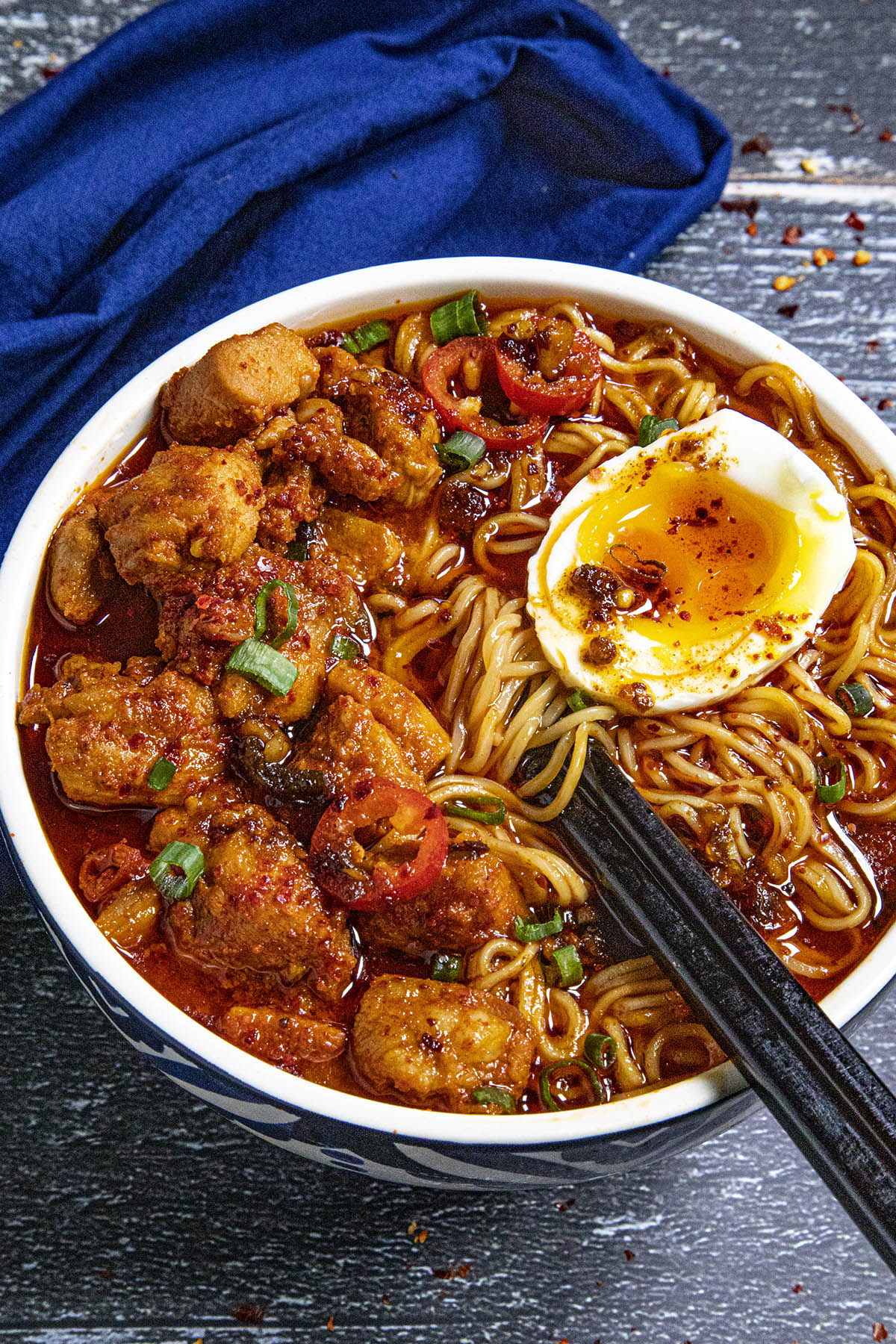Buldak Ramen Recall Due To Bacteria: What You Need To Know
The recent recall of Buldak Ramen due to bacterial contamination has raised significant concerns among consumers and food safety advocates alike. As one of the most popular instant noodles in the world, Buldak Ramen has a dedicated fan base, and news of a recall can be alarming for many. This article delves into the details surrounding the recall, including its causes, effects, and what consumers should do next.
In this comprehensive guide, we will explore the findings that led to the recall, the specific strains of bacteria involved, and how this incident reflects broader issues in food safety. By the end of this article, you will have a clearer understanding of the situation and the necessary precautions to take.
Whether you are a devoted Buldak Ramen enthusiast or simply concerned about food safety, this article aims to provide valuable insights and actionable information. Let’s dive into the details of the Buldak Ramen recall and its implications.
Table of Contents
- Background of Buldak Ramen
- Details of the Recall
- Understanding Bacterial Contamination
- Health Risks Associated with Contaminated Food
- What to Do if You Have Buldak Ramen
- Preventing Future Recalls
- The Role of Consumer Awareness
- Conclusion
Background of Buldak Ramen
Buldak Ramen, also known as "Fire Noodles," is a South Korean instant noodle brand that has gained immense popularity worldwide. Manufactured by Samyang Foods, these noodles are renowned for their extreme spiciness and unique flavor.
Since its launch, Buldak Ramen has seen a surge in demand, especially among younger consumers and food enthusiasts. However, with increasing popularity comes greater scrutiny regarding food safety and quality control.
Personal Data and Biodata of Buldak Ramen
| Brand Name | Buldak Ramen |
|---|---|
| Manufacturer | Samyang Foods |
| Country of Origin | South Korea |
| Launch Year | 2012 |
| Popular Product Lines | Original, Cheese, Carbonara, Jjajang |
Details of the Recall
The recall of Buldak Ramen was initiated after routine testing by food safety authorities detected the presence of harmful bacteria in some batches of the product. The specific strains identified included Salmonella and E. coli, both of which are known to cause serious foodborne illnesses.
As a response, Samyang Foods issued a voluntary recall of several lot numbers to prevent any potential health risks to consumers. The affected products were distributed in various countries, including the United States, Canada, and several European nations.
Timeline of the Recall
- Initial Testing: Date of testing that revealed contamination.
- Recall Announcement: Date when Samyang Foods officially announced the recall.
- Distribution of Affected Products: List of countries where affected batches were sold.
Understanding Bacterial Contamination
Bacterial contamination in food products can occur at multiple stages of production, from sourcing raw materials to packaging. In the case of Buldak Ramen, several factors may have contributed to the contamination, including:
- Poor hygiene practices during production.
- Cross-contamination with raw food materials.
- Improper storage conditions.
Salmonella and E. coli are particularly concerning because they can lead to severe gastrointestinal issues and other health complications. Understanding their origins and transmission routes is crucial for preventing future outbreaks.
Health Risks Associated with Contaminated Food
Ingesting food contaminated with Salmonella or E. coli can lead to serious health issues, which may include:
- Diarrhea
- Vomiting
- Fever
- Abdominal cramps
In severe cases, especially for young children, the elderly, and individuals with compromised immune systems, these infections can result in hospitalization and severe complications.
What to Do if You Have Buldak Ramen
If you have purchased Buldak Ramen in the recent months, it is essential to check whether the batch you have is affected by the recall. Here are steps to follow:
- Check the packaging for batch numbers that match the recalled lots.
- If your product is affected, do not consume it.
- Return the product to the store where you purchased it for a full refund.
- Monitor your health for any symptoms of foodborne illness.
Preventing Future Recalls
Food manufacturers must adhere to stringent safety protocols to prevent bacterial contamination. Key practices include:
- Regular testing of products for harmful bacteria.
- Implementing strict hygiene practices among employees.
- Ensuring proper storage and handling of ingredients.
Consumers can also play a role in preventing foodborne illnesses by staying informed and reporting any suspicious products to food safety authorities.
The Role of Consumer Awareness
Consumer awareness is vital in preventing food safety issues. Educating yourself about the products you consume, understanding the signs of contamination, and knowing your rights can empower you as a consumer.
Additionally, staying updated on recalls through reliable sources such as government food safety websites can keep you informed about potential dangers.
Conclusion
The Buldak Ramen recall due to bacterial contamination highlights the importance of food safety and the need for vigilance among consumers and manufacturers alike. By understanding the risks and taking appropriate actions, we can protect ourselves from potential health hazards.
We encourage you to share your thoughts on this topic in the comments below or share this article with others who might benefit from this information. Stay safe and informed!
Thank you for reading! We hope to see you back here for more articles on food safety and consumer awareness.
Exploring The Ramen Noodle Recall: What You Need To Know
Which Ramen Noodles Are Recalled In 2024? A Comprehensive Guide
Shubhashree Leaked Video: What You Need To Know



